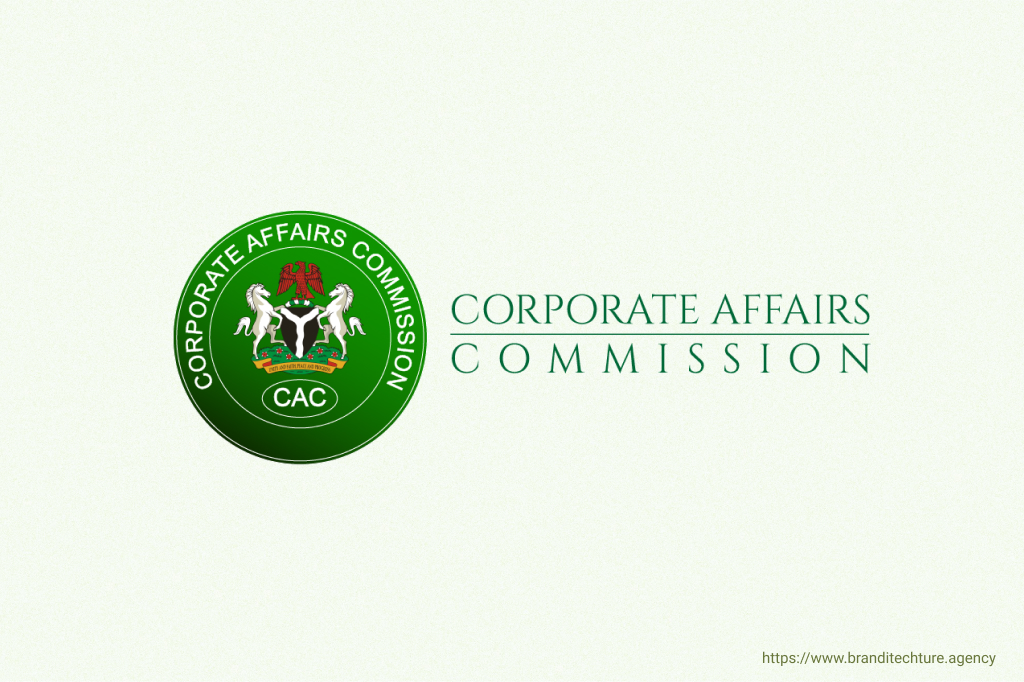If you own and operate a serious business in Nigeria, chances are good that you have registered your business or company with the Corporate Affairs Commission. Unfortunately, most business owners believe that succesfully registering their business is the end of their association with the CAC.
In this article, we will tell you why your business may be (publicly) tagged “Inactive” on the CAC public search results, how to fix it. We would also tell you every other thing you need to know about the CAC annual return.
More and more business owners are getting oblivious of the CAC annual return and to make matters worse, only a very few are aware of their (publicly displayed) status on the CAC Corporate Registry.
In fact, according to data collected from a reliable source, a considerable proportion of these registrants are registering their businesses only because the CAC Certificate is mandated by banks as a condition for opening a Corporate Bank Account for their business.
Of those that are aware, some simply disregard this notice based on the opinion that it is not possible for their business or company to be de-registered since they had already registered it, coupled with the lack of education on this subject.
Why Your Business Status Shows “Inactive” On The CAC Registry
This is because you have not filed your Annual Return.
It is compulsory for every registered business to file their annual returns with the Corporate Affairs Commission not later than 30th of June every year. This is the only way to let the Commission know that your company is still operating.
If you don’t file your annual returns over a long period, the Commission may de-register or delist your business name or company from the Corporate Registry. As a consequence, you may be unable to open a new corporate account or access corporate bank loans.
The filing fee is relatively cheap but if you don’t file your annual return within the stipulated period, you will incur an additional fee as a penalty, which is typically higher than the filing fee.
Subscribe for updates

The rest of this article would attempt to satisfy some curiosities surrounding the filing of annual returns by answering a few important questions viz.:
- What is an annual return?
- Who is to file an annual return?
- Disadvantages of not filing annual return
- Advantages of filing annual return
- Conclusion
What is the CAC annual return?
Like the name implies, “annual return”, is a document or a payment that is filed at once a year.
CAC annual return is a report that businesses or companies must send to the government each year by giving particular details, for example, the name of the business owner, name of company directors, address, and details of assets and shares.
Annual return is what will make CAC understand that the business still exists. CAC annual return is filled once every year.
Who is to file an annual return?
The filing of annual returns with the CAC is not for individuals. It is not for all businesses or companies.
CAC annual return is only for those who have a registered entity with the Corporate Affairs Commission. So, If you have a business, company, incorporated trustee, or religious organization registered with CAC, it is mandatory for you to file your annual return. Annual return is not optional, it is compulsory for all registered entities.
Disadvantages of not filing CAC annual return
You might be wondering, what might actually be the disadvantages of not filing your CAC annual return. There are some disadvantages attached to not filing it which are;
- According to the Company and Allied Matters Act as amended 2020 (CAMA 2020), failure to file an annual return for a consecutive period of 10 years is a ground for “striking off” the name of such an entity from the CAC corporate register. The commission will believe that such a business or company does not exist anymore. Hence, the commission will strike off the name which means the certificate becomes void and no longer useful.
- The commission will notify the general public by publishing those names in at least 3 national newspapers that the said entity has been struck off and nobody should engage in whatsoever businesses or transactions with them again.
- There is a late penalty for not filling it at the right time. It must not be delayed. It must be done at least once a year.
- The name won’t be available for registration after it has been struck off. i.e. the proprietor won’t be able to register such a name again unless the annual return is filled up to date.
- It will be a disgrace to the entity for not filing annual returns and allowing CAC to strike it off.
Advantages of filing annual return
What added benefits do you enjoy when you regularly file your annual return? Below are some of the advantages.
- It portrays you as a law-abiding citizen
- It helps the commission to understand that such an entity still exists.
- It allows you to have access to some government benefits such as survival funds, corporate loans, contracts, and many more.
- It saves time whenever such an entity wants to do any post-incorporation. Post incorporation is any registration that is done after an entity has been registered. For example, upgrading from a business name to a Limited Liability Company or Non-Governmental Organization.
- When the annual return is paid at the right time, you won’t pay a penalty fee, in other words, it means you’ll pay comparatively less than those who have defaulted.
Need the CAC logo? Click HERE
Conclusion
In conclusion, filing of annual returns is good for your registered entity; it allows the CAC to determine your consistency in business. Once filed, you’re safe. If you default for 10 years, your business entity would be struck off. Finally, remember, the CAC annual return is to be filed once a year.
We think that the CAC should do more to enlighten the public on annual return filing and its advantages, especially on TV.
For your business and/or company registrations and Brand Advisory, please send us a message.



